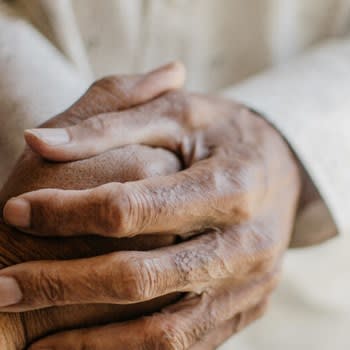What Is Next of Kin and Why Is It Important?
- Discover the answer to the question, "What is next of kin?" and find out how it could affect you if you die without a surviving spouse or a legal will.
When you pass away, your assets become a part of your estate. If you don't have a will that specifies who should inherit those assets, the courts must get involved. This is why it's important to understand what "next of kin" is — without proper documentation, it might affect how your wealth is distributed.
What Is Next of Kin?
Your next of kin is your closest living blood relative. In most states, it also includes people with whom you have legal bonds, such as spouses and legally adopted children; domestic partners are not typically considered next of kin. Make sure to consult with a lawyer to verify the laws in your area.
Depending on your family structure, your next of kin may not be a single person — it could be a group of people. The order of succession typically starts with your spouse. From there, it moves throughout your relatives:
- Children and their descendants
- Parents
- Siblings
- Nieces and nephews
- Grandparents
- Aunts and uncles
If there are no living people in one group, it moves to the next level down. After the process goes through your closest family, it typically moves on to your great-grandparents, your great-aunts and -uncles and your first cousins.
Keep in mind that the order of your line of succession can vary by state.
When Does Next of Kin Matter?
Next of kin rules usually come into play if you die without a will. In most states, your estate will automatically transfer to your spouse. If you don't have a spouse, the court will attempt to find your next of kin to pass on the inheritance. This might include cash, property and life insurance payouts.
If you have a clear, well-written will, it will almost always supersede next of kin laws.
Can Your Next of Kin Be a Non-Relative?
If you want to leave your estate to someone who's not related to you, you'll need to name them in your will. Otherwise, state law won't consider them as they're distributing your assets. You can choose anyone you like to be your beneficiary.
What Rights and Responsibilities Does Your Next of Kin Have?
In most places, your next of kin has the right to inherit your assets. The specific distribution rules depend on the state.
Being the next of kin isn't all about inheritance — it also comes with responsibilities. Your closest blood relative may need to make your medical decisions if you become incapacitated. They'll also be expected to make funeral arrangements and start the probate process after your death.
If you want to avoid leaving these duties to someone you don't know well, it's important to make a will with a designated beneficiary. You can also include funeral arrangements and an advance directive for medical decisions.


